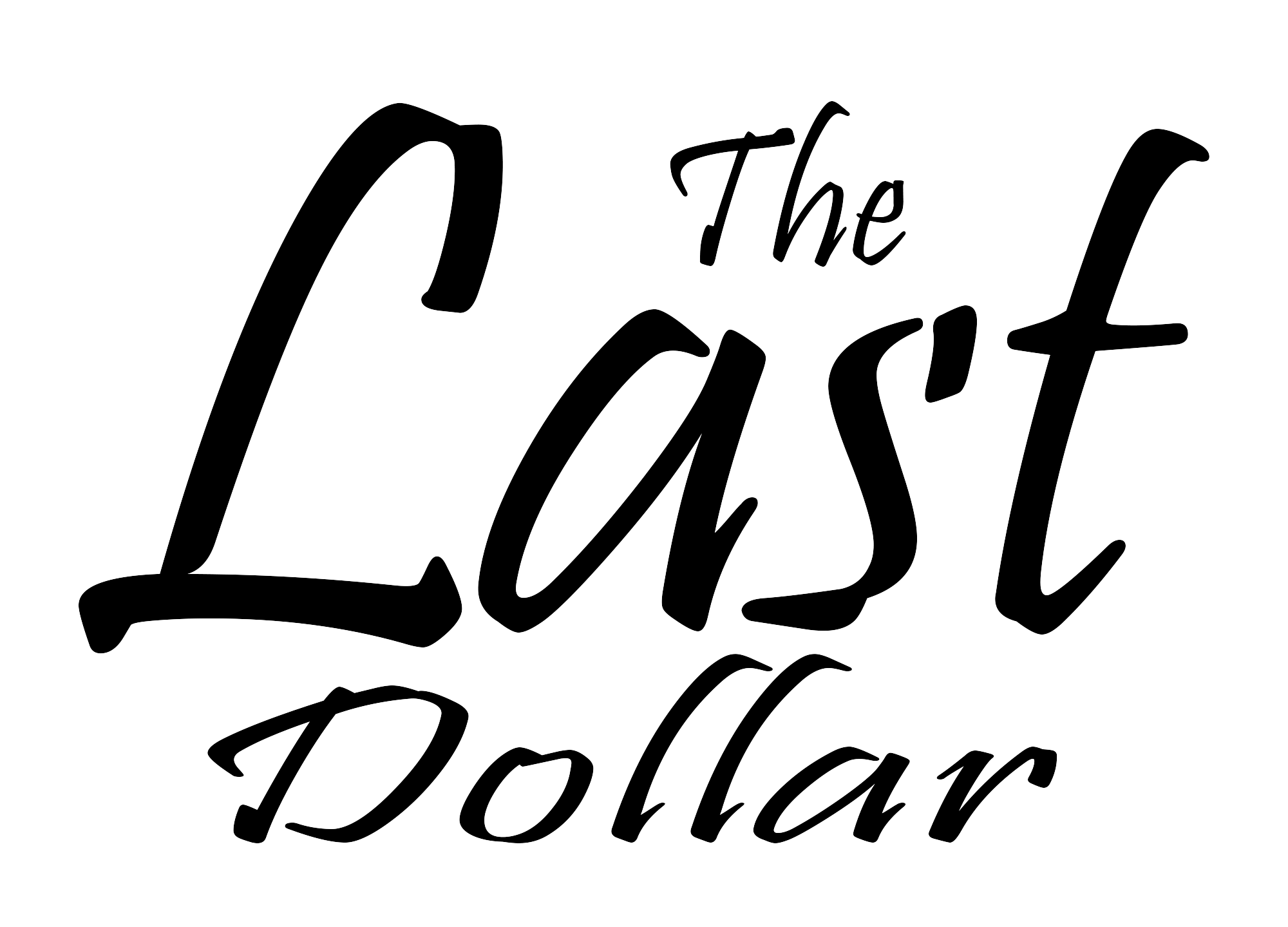Economic uncertainty can be a challenging and nerve-wracking time for investors. Market volatility, fluctuating interest rates, inflation concerns, and geopolitical instability can all contribute to an environment where it’s difficult to predict what’s coming next. However, some investment options tend to be more resilient during times of economic turbulence. In this blog, we’ll explore the best investment options to consider when navigating uncertainty in economic times.
1. Gold and Precious Metals
Gold is a safe-haven asset during periods of economic uncertainty. When inflation rises or stock markets become volatile, investors often flock to gold and other precious metals like silver, platinum, and palladium. These assets tend to hold their value over time, making them a reliable store of wealth.
- Why It’s a Good Option: Gold has a low correlation with stocks and bonds, which can help diversify your portfolio. It can act as a hedge against inflation and is less affected by market volatility than traditional investments like stocks or bonds.
- How to Invest: You can invest in gold through physical bullion, ETFs (exchange-traded funds), or gold mining stocks.
2. Dividend-Paying Stocks
Dividend-paying stocks can be a stable income source during times of economic uncertainty. Companies that consistently pay dividends tend to be more established and financially sound, offering investors a sense of security during volatile times.
- Why It’s a Good Option: Dividend stocks provide steady cash flow, which can be reinvested or used for additional income. These stocks often belong to industries like utilities, healthcare, and consumer staples, which tend to perform better during economic slowdowns.
- How to Invest: Focus on companies with a strong track record of paying reliable dividends. You can also invest in dividend-focused ETFs to diversify your holdings.
3. Real Estate Investment Trusts (REITs)
Real estate can be a relatively safe bet in uncertain times, especially when it comes to Real Estate Investment Trusts (REITs). These funds invest in income-producing properties, such as residential, commercial, and industrial real estate.
- Why It’s a Good Option: REITs provide exposure to real estate markets without requiring the large capital needed to purchase properties directly. They often generate consistent income from rents and can provide stability during economic downturns.
- How to Invest: You can invest in REITs through ETFs or individual stocks that track or invest in commercial or residential real estate.
4. Bonds and Treasury Securities
Bonds, particularly government bonds, are often considered a safe investment during economic uncertainty. U.S. Treasury securities, for example, are backed by the full faith and credit of the U.S. government, making them low-risk. While they may not offer high returns, they provide a reliable income stream and are typically less volatile than stocks.
- Why It’s a Good Option: Bonds provide a fixed income and are considered lower-risk compared to equities, making them an attractive option during uncertain times. Government bonds, such as U.S. Treasuries, are especially secure.
- How to Invest: Treasury bonds, municipal bonds, and corporate bonds are common types of bonds you can invest in. Bond ETFs can also offer diversified exposure to the bond market.
5. Cash and Cash Equivalents
When uncertainty is at its peak, holding cash or cash equivalents like money market funds or certificates of deposit (CDs) can provide security and liquidity. While these investments yield lower returns compared to stocks or bonds, they provide safety, easy access to funds, and protection from market downturns.
- Why It’s a Good Option: Cash provides flexibility, and money market funds are typically low-risk. In volatile markets, cash allows you to wait for better opportunities without risk.
- How to Invest: High-yield savings accounts, money market accounts, and CDs can be considered, but make sure the interest rates are favorable.
6. Commodities (Oil, Agriculture, etc.)
Commodities like oil, natural gas, and agricultural products tend to perform well when inflation rises, as they are often seen as hedges against inflation. While they can be volatile in the short term, commodities can offer strong returns in periods of economic instability.
- Why It’s a Good Option: Commodities tend to hold value when inflation is high, and demand for essential goods like food, energy, and metals remains steady.
- How to Invest: You can invest in commodities directly through futures contracts or commodity-focused ETFs.
7. Cryptocurrency
Cryptocurrency is a newer asset class that has gained significant popularity in recent years. While cryptocurrencies like Bitcoin and Ethereum can be volatile, many view them as a hedge against inflation and a store of value in uncertain times.
- Why It’s a Good Option: Some investors see cryptocurrencies as a “digital gold” that is immune to government control and central bank policies. As the demand for decentralized finance grows, cryptocurrencies may become more widely accepted and valuable.
- How to Invest: Cryptocurrencies can be through exchanges like Coinbase or Binance, but they require careful research and risk management due to their volatility.
8. Defensive Sectors (Utilities, Healthcare, Consumer Staples)
Certain sectors tend to perform well regardless of the economic climate, making them attractive investments during times of uncertainty. Defensive sectors like utilities, healthcare, and consumer staples (such as food and household products) provide essential services that people need, even during tough economic times.
- Why It’s a Good Option: These sectors are less affected by economic cycles, as demand for products and services remains consistent.
- How to Invest: You can invest in defensive sectors through individual stocks or ETFs that focus on sectors like utilities, healthcare, or consumer staples.
Conclusion: Best Investment in Economic Uncertainty
Investing during periods of economic uncertainty requires careful planning, diversification, and a focus on stability. While some risk is inevitable, these investment options can help provide a sense of security and resilience during turbulent times. By focusing on assets that are less volatile or those that serve as hedges against inflation, you can position your portfolio for long-term success.
Always ensure that you assess your risk tolerance and consult with a financial advisor before making significant investment decisions, especially in uncertain economic climates. By diversifying your portfolio and staying informed, you can weather the storm of economic uncertainty.
Discover our expert blogs for insightful tips on managing your finances effectively! Also, don’t forget to follow us on X.












